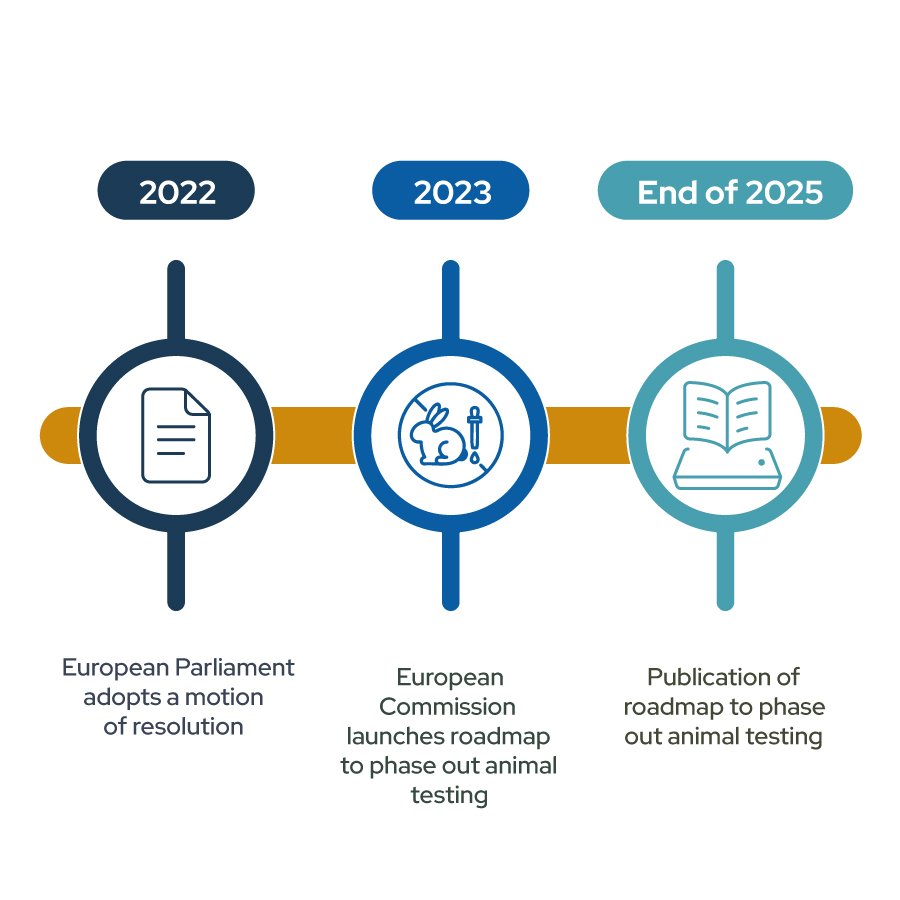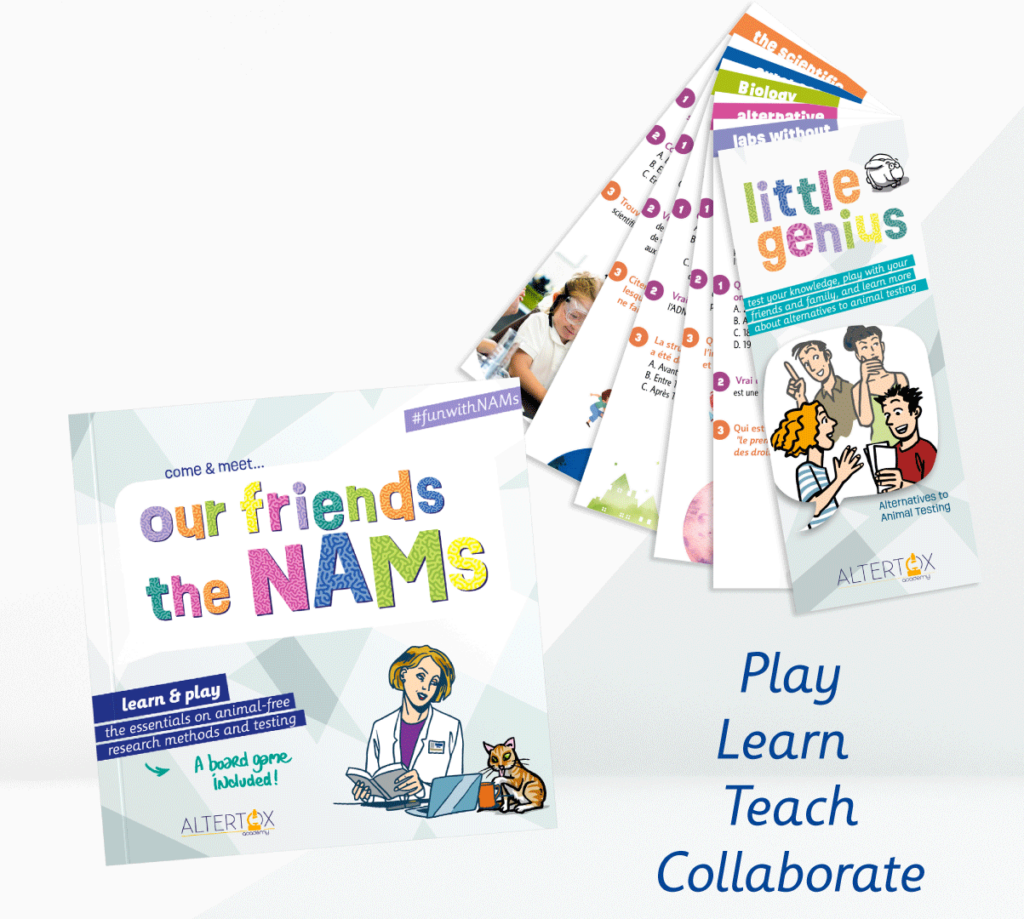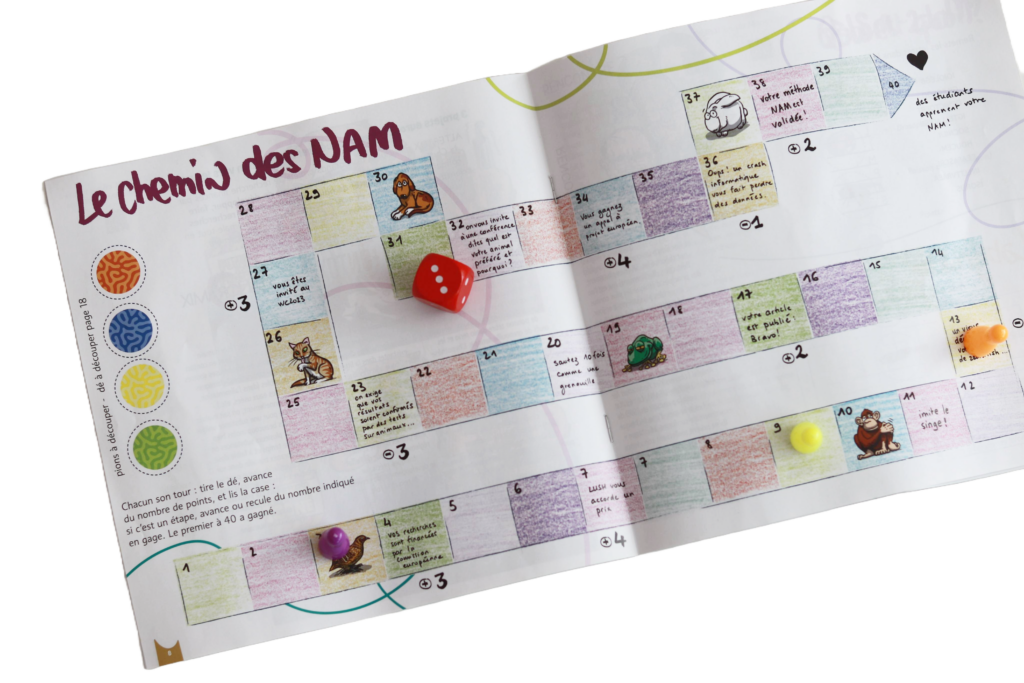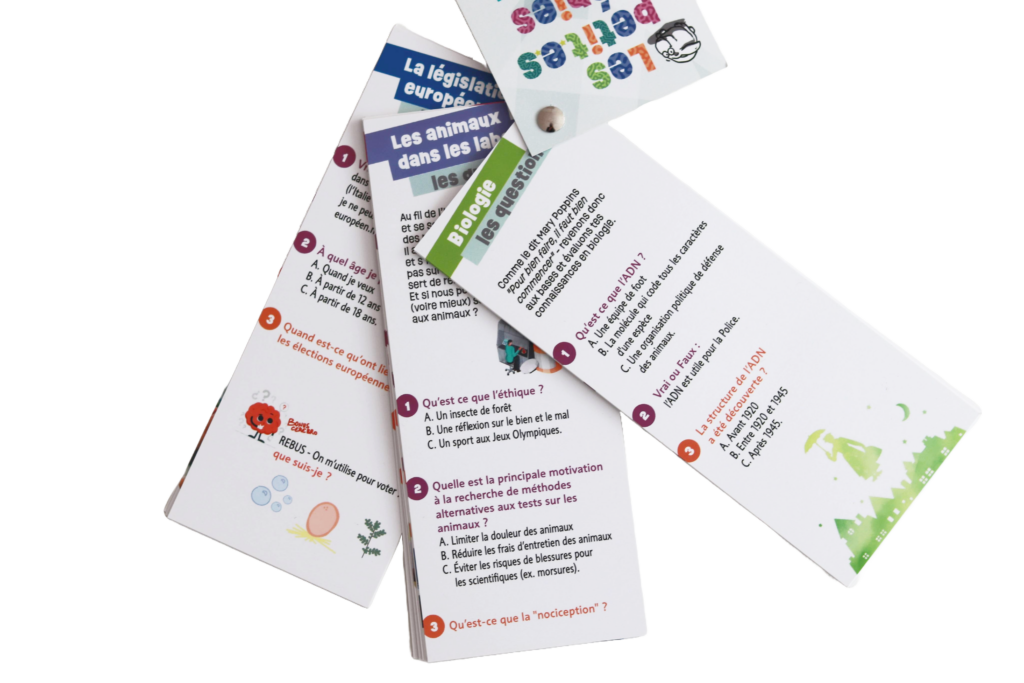Toxicology

Did you know that in 2022, the European Parliament adopted a motion of resolution to facilitate the transition to innovation without the use of animals in research, regulatory testing and education? Consequently, the European Commission launched in 2023 a roadmap to phase out animal testing in Europe (to be published end of 2025).
This ongoing process generates a broad diversity of opportunities for academia and business thanks to the development of new concepts (AOP, probabilistic risk assessment, NGRA) methodologies (organoids, omics, AI...) and policy-compatible framework (grouping, read-across) that will need to be integrated in routine workflow.
Contact Altertox to take advantage with our unique insight and foresight of the EU scientific and political context when it comes to NAMs and prepare the Next Generation of Toxicologists with our unique education tool about NAMs (TATAbox)
Consulting
Altertox can help you anticipating the future of toxicology by supporting you whether it is about validation of in vitro in silico methods for product safety, auditing your NAM capacity, mapping or scientific writing.


General Public & youngsters
Did you know that science festivals are the best place to disseminate your science to general public?
The Brussels science festival welcomes every year more than 10,000 participants ranging from schools to family. At this occasion, Altertox produced 2 communication and dissemination formats for general public.
Altertox supports you in
- shaping your scientific content into the right format to maximize dissemination
- designing, layout, and images


Engaging the general public with complex scientific topics is made fun and accessible by using creative formats such as crosswords, spot-the-difference games, mazes, and comics.
This approach is ideal for audiences ranging from primary school students to adults, making it perfect for open days, communication kits, or educational events. Additionally, it can include portraits of influential scientists and highlight their contributions to life science research offering an exciting way to inspire curiosity and learning among diverse audiences.



This interactive quiz game simplifies complex scientific concepts into layman-friendly terms, making it ideal for engaging the general public, especially those from secondary school onward.
With 12 questions per scientific theme and two difficulty levels (for kids and adults), it introduced a range of topics such as life sciences, toxicology, EU policies, and research project outcomes in a fun and educational way. <br> Perfect for open days, family events, school visits, and communication kits, this activity fosters curiosity and promotes scientific literacy across different age groups. Big corporate such as Sanofi has already taken advantage of this format for two open days editions.
Contact Us
If you are interested in working with us – just send a message
